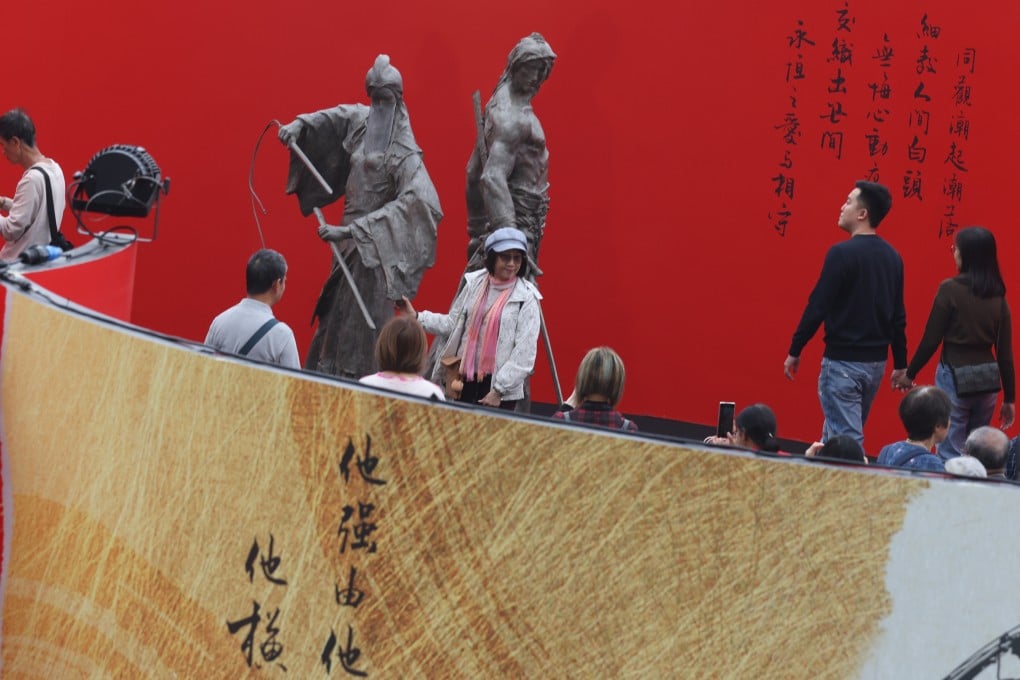My Take | Hong Kong should cherish literary legend Jin Yong and the city’s unique cultural role that allows his works to shine
- Works by Jin Yong, the late martial arts novelist now hailed as a literary giant, were once deemed too vulgar to be circulated in mainland China
- Moving to Hong Kong in the 1940s helped Jin Yong find both literary and business success, and the city should cherish its cultural role

When I first read his novels in the early 1990s as a middle-school student, the genre was still considered “unhealthy” for teenagers. If a Jin Yong novel was spotted in the classroom, the book would be confiscated. But his books had proven irresistibly appealing, and there were always pirated copies around.
I bought my first Jin Yong novel from a news stand in front of a railway station. Printed on the cover were the words The Secret History of Emperor Qianlong – a title that the pirated-book editor apparently thought would be more attractive than the original: The Gratitude and Revenge of the Book and the Sword.
One of my fondest adolescent memories was reading Jin Yong with a battery-powered torchlight after the dormitory lights were off. The Wuxia world – jianghu – offered an escape from reality.

The popularity of Jin Yong novels eventually earned the author official recognition. By the late 1990s, he was regarded as one of the greatest Chinese novelists of the 20th century, mentioned in the same breath as older masters like Lu Xun, Lao She and Mao Dun. Once considered vulgar, Jin Yong’s novels are now part of “must-read” lists for Chinese literature students.
Jin Yong certainly deserves the praise and recognition. His novels, together with the numerous television series, films, video games and music they inspired, have become a cultural phenomenon.
